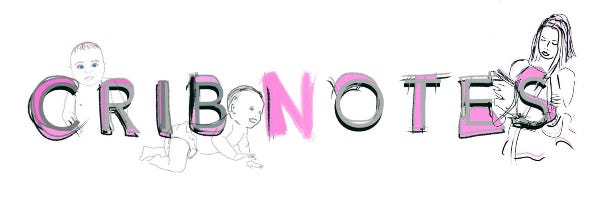Crib Notes: What to Read When You Crave Adult Conversation
Four irresistible books to read when you feel starved of grown-up company.
Some of the most important friendships I have made as an adult, have been made through motherhood.
Several years ago, I was walking home from my second child’s eight-week check up. A woman fell into step with me and gestured to my son, curled up in my baby-wearing coat. ‘It’s so great when you learn to breastfeed them in a sling, isn’t it?’ she said. We continued walking, talking about everything from fussy first-born children to Literary Speed Dating. After fifteen minutes, we both arrived at our destination – it turned out we lived opposite each other on the same street! This woman – my friend Mel – has become one of the people I text at 7.30 am when my children are threatening nuclear levels of unhappiness over pancakes and I only have one egg. And she is one of the friends I text on a grey Monday afternoon when I’m feeling low and in need of a ‘friendship top-up’. I know she will offer me coffee, energising conversation, and for my three-year-old there is the priceless allure of ot…
Keep reading with a 7-day free trial
Subscribe to Crib Notes to keep reading this post and get 7 days of free access to the full post archives.



